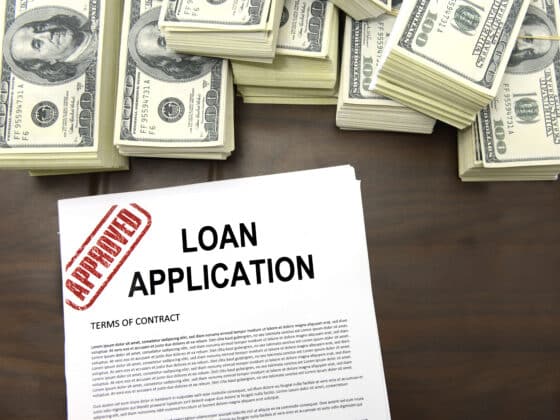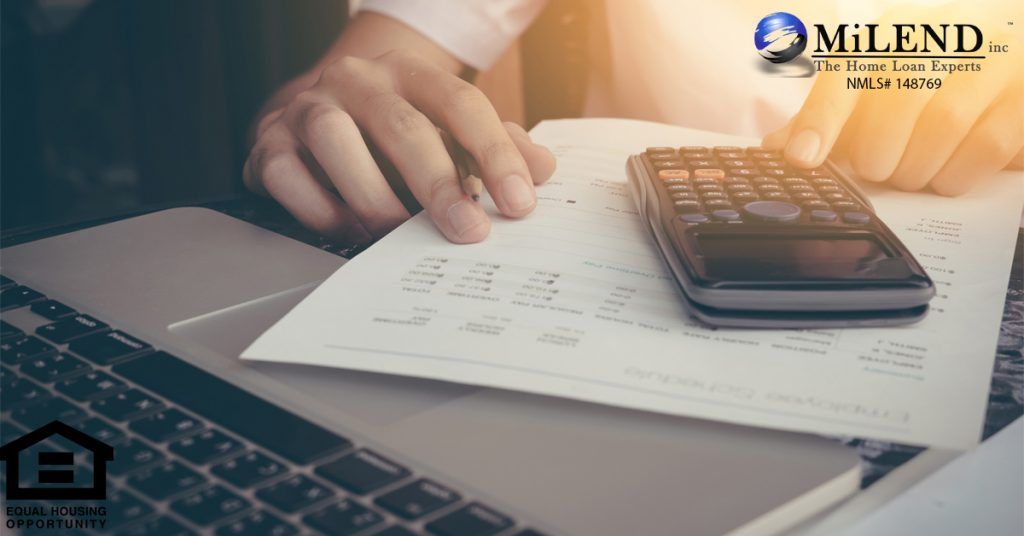If you are looking to purchase a home but currently live in a competitive market, do not worry because there are simple tips to help you overcome the competition. So, to help provide some insight, your local Atlanta mortgage lender, Milend, Inc., has listed top secrets to buying in a seller’s market.
Tip #1: Get Pre-Approved
Working with a mortgage professional who thoroughly understands the home buying process knows what it takes to stand out with sellers. MiLEND, Inc. can pre-approve you for a mortgage, which can set you aside from other buyers. Getting pre-approved shows seller’s that you have had a professional review your finances and that they have agreed that you are financially capable of becoming a homeowner.
Tip #2: Work With A Real Estate Agent
Real estate agents are experts in their field and they can give you access to more homes on the market that you might not have known about. They are also used to working hand in hand with seller’s, which means they can help you stand out more from other buyers. If you are not currently working with a real estate agent and need help finding one, just ask your local Atlanta mortgage lender, MiLEND, Inc., who they would recommend.
Tip #3: Be Reasonable
Once the time comes to put an offer on the house, you want to be reasonable with your bid. If you do not offer a fair price, you risk the chance of the seller choosing another family to buy their house. You do not want to offer more than you need to, but you also want to be sure you are not offering too little. Just be reasonable and fair.
Tip #4: Don’t Wait Too Long
Trying to buy a home in a seller’s market means the pickings are slim and competitive. Therefore, if you find a house you love, try not to dwell on the decision too long. You don’t want to be impulsive but you also want to act quickly before your dream home comes off the market.
Tip #5: Make Yourself Stand Out
If you are in the middle of a bidding war with another family, you want to be sure and stand out from them. This can be done by offering to put down a larger deposit on the house or by being flexible with when the move in date is.
Contact Us
For more secrets on buying in a seller’s market, please contact your local Atlanta mortgage lender, Milend Inc., at 855-645-3631.

Your Ultimate Winter Home Preparation Guide
Read more...
A Financial Blueprint for a Successful Mortgage Application
Read more...









